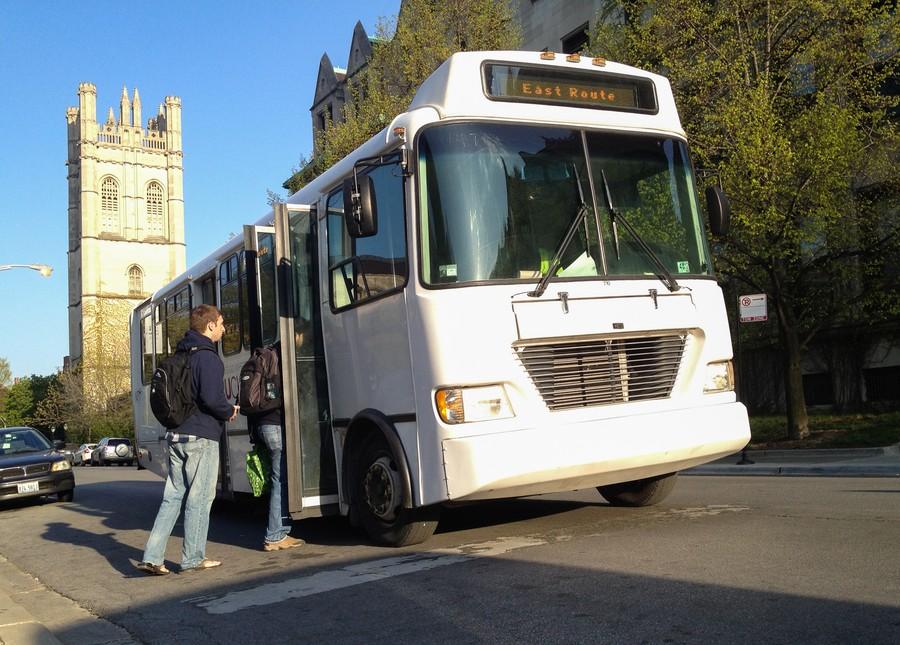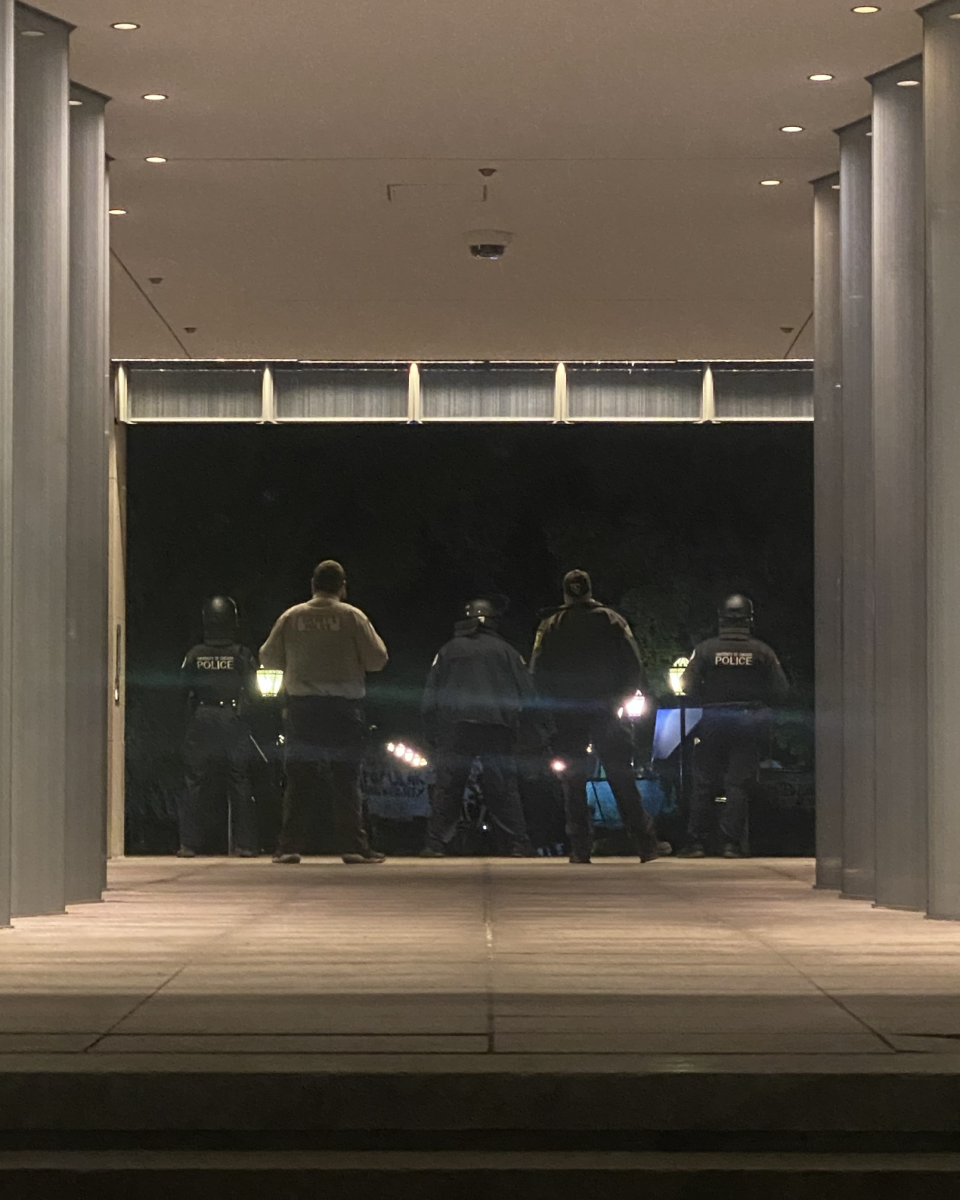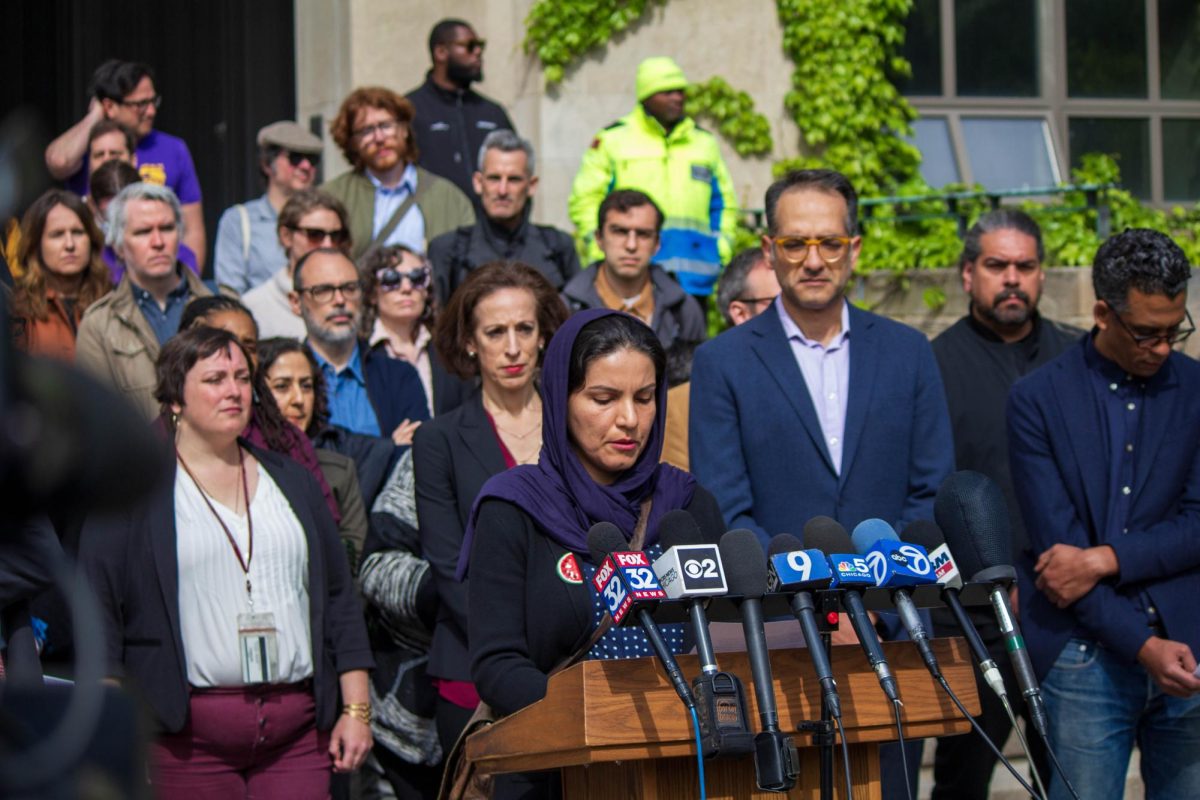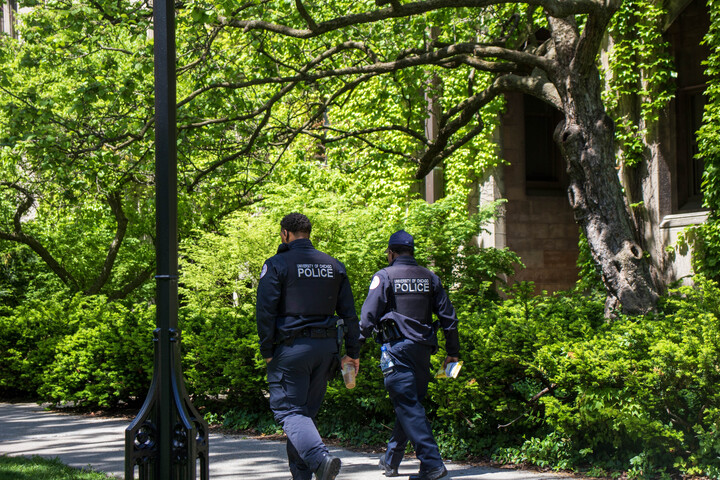The struggle for a modern, egalitarian state has not concluded with the end of apartheid in South Africa, said journalist Douglas Foster in a talk at International House Wednesday night.
Foster, also an associate professor at Northwestern University’s Medill School of Journalism, spoke of his experiences working and living in South Africa, as recounted in his new book, After Mandela: The Struggle for Freedom in Post-Apartheid South Africa.
He began traveling to South Africa in 2004, a decade after Nelson Mandela’s election. Like many journalists, Foster initially thought that there was nothing left to write about the country.
“The narrative about South Africa, like the narrative of most of Africa in journalistic treatment, comes in one of two types,” he said. “Either the miracle or the cataclysm, and by 2004, South Africa had been represented in both.”
Upon spending more time there, however, Foster developed a new approach to investigating South African modern political history by telling an “upstairs, downstairs” story.
For Foster, “upstairs” includes the point of view from the top of South Africa’s political hierarchy, especially the past three presidents: Mandela, Thabo Mbeki, and Jacob Zuma. “Downstairs” refers to younger citizens, who have grown up during a period of transition, straddling traditional and modern South African culture.
After showing clips from an interview with current president Zuma, Foster described how he developed close relationships with many young South Africans in order to understand the “downstairs narrative.”
“What is it like to put together Jacob Zuma’s world with a modernizing country that has been founded on the principles of a constitution [promising] a non-racial, non-homophobic, and more egalitarian society?” Foster asked. “How does somebody from a rural area incorporate these ideas?”
Reading aloud excerpts from his book, Foster spoke of the evolving views on women’s rights held by Vuvene Mabasa, a 14-year-old boy from an impoverished rural town. Mabasa was originally against women entering politics and gaining equal rights, but he, like many South Africans, is coming around to equality.







